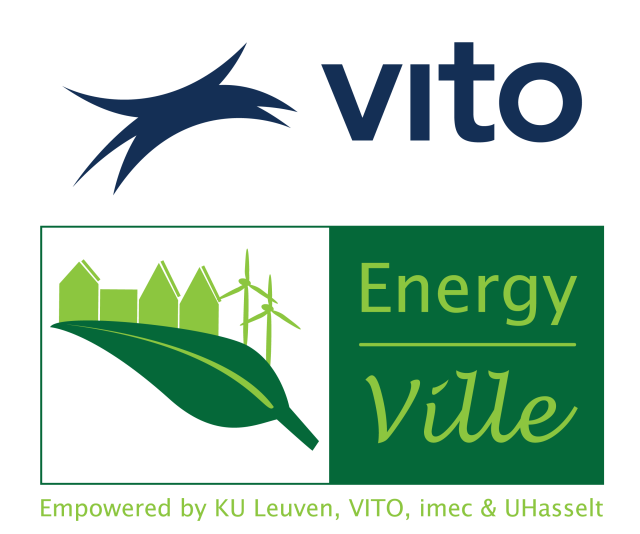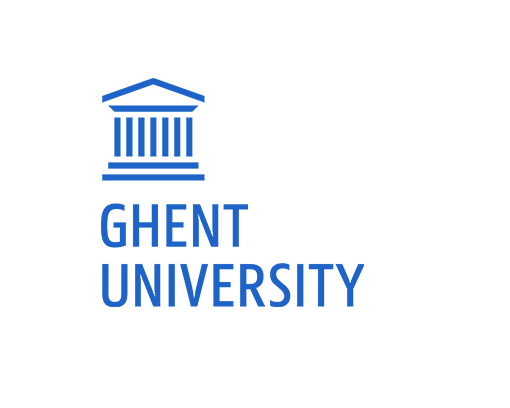VITO/EnergyVille
The SESAM team at VITO-EnergyVille is a reference on energy system modelling, including the Belgian and European TIMES model. These types of models investigate cost optimal transitions towards a net zero society, across all sectors and energy vectors. In addition, the team performs predictive life cycle assessments on key energy technologies.
The team is closely interacting with other teams in VITO and EnergyVille, who work on the technical aspects of grid integration, HVDC grid control, market models, batteries, PV models, CCU technologies, critical materials, business case assessments, heating systems and regulation.
Universiteit Gent
See also the link to the UGent site specifically https://www.ugent.be/ea/emsme/en/research/eelab/ecm.
The Energy & Cluster Management research group is matured from the synergy between environment and entrepreneurship, between study and implementation of industrial symbiosis, performed since 1998. Research topics focus on concerted energy & resource management at business parks, on industrial sites or in cross-sectorial clusters. It concerns characteristic interdisciplinary research, combining engineering & modelling skills with economic analyses, spatial planning, policy settings and social responsibility.
The main line of research is on advancing the ECM LESTS (Legal, Economic, Spatial, Technical and Social) survey for assessing industrial clustering intensity to drive energy/material symbiosis and circular economy principles in and across process industries and urban districts. Typical ECM projects focus on energy efficiency, resource optimisation, waste (heat) recovery, site integration, regional clustering, etc
UGent is a top 100 university worldwide and is one of the largest universities in Belgium, with more than 44000 students and 15000 employees. ECM is embedded in EELAB in the EMSME department of FEA, the faculty of Engineering and Architecture.
University of Liège
At the University of Liège (ULiège), our primary focus lies within the domain of carbon capture and utilization (CCU). Our group engages in a range of projects encompassing both modeling and simulation studies, as well as experimental research. These researches center around techno- and exergoeconomic analyses of CCU technologies.
KULeuven/EnergyVille
The research domain of the ELECTA division covers the broad spectrum of electrical energy systems and robust control of industrial systems. The development of the future smart grid is the key activity. The team is particularly experienced in HVDC control strategies.
Fluxys
Fluxys is the gas transmission network operator in Belgium. Fluxys has developed different demand and supply scenarios based on statistical analysis, market info (via requests for information and expressions of interest), the national energy climate plan, ENTSO simulations, (inter)national analysis and inhouse expertise. The results – estimated capacity and annual volumes for methane, hydrogen and capture of carbon dioxide, are shared with the Trilate partners to enhance the input quality of the modeling process during WP1.
Elia
Elia is the transmission system operator in Belgium. The team involved in the Trilate project is also the team behind the yearly Adequacy & Flexibility studies, which are published every two years by Elia. More info and studies on https://www.elia.be/en/electricity-market-and-system/adequacy/adequacy-studies
The interest in the Trilate project is the following:
- Consistency of Elia assumptions on industrial electrification and industrial efficiency,
- Cross-sectoral consistency check between Elia models and TIMES assumptions and output. Elia models offer much greater detail on electricity level (e.g. 200 weather years), TIMES is a cross-sectoral model where industrial output is integrated in the processes. A consistency check between these two different approaches is of great added value for Elia.
- Update of literature values regarding future costs of technologies
- First steps to extend to multi-energy vector aspects, such as flexibility due to interaction with the gas and hydrogen energy vectors.
- Regionalization of industrial electricity scenarios in Belgium to NUTS3 level, allowing to better detail the future needs of electricity infrastructure.



